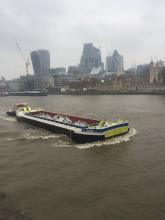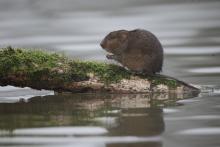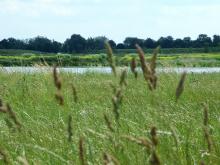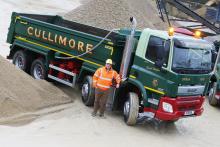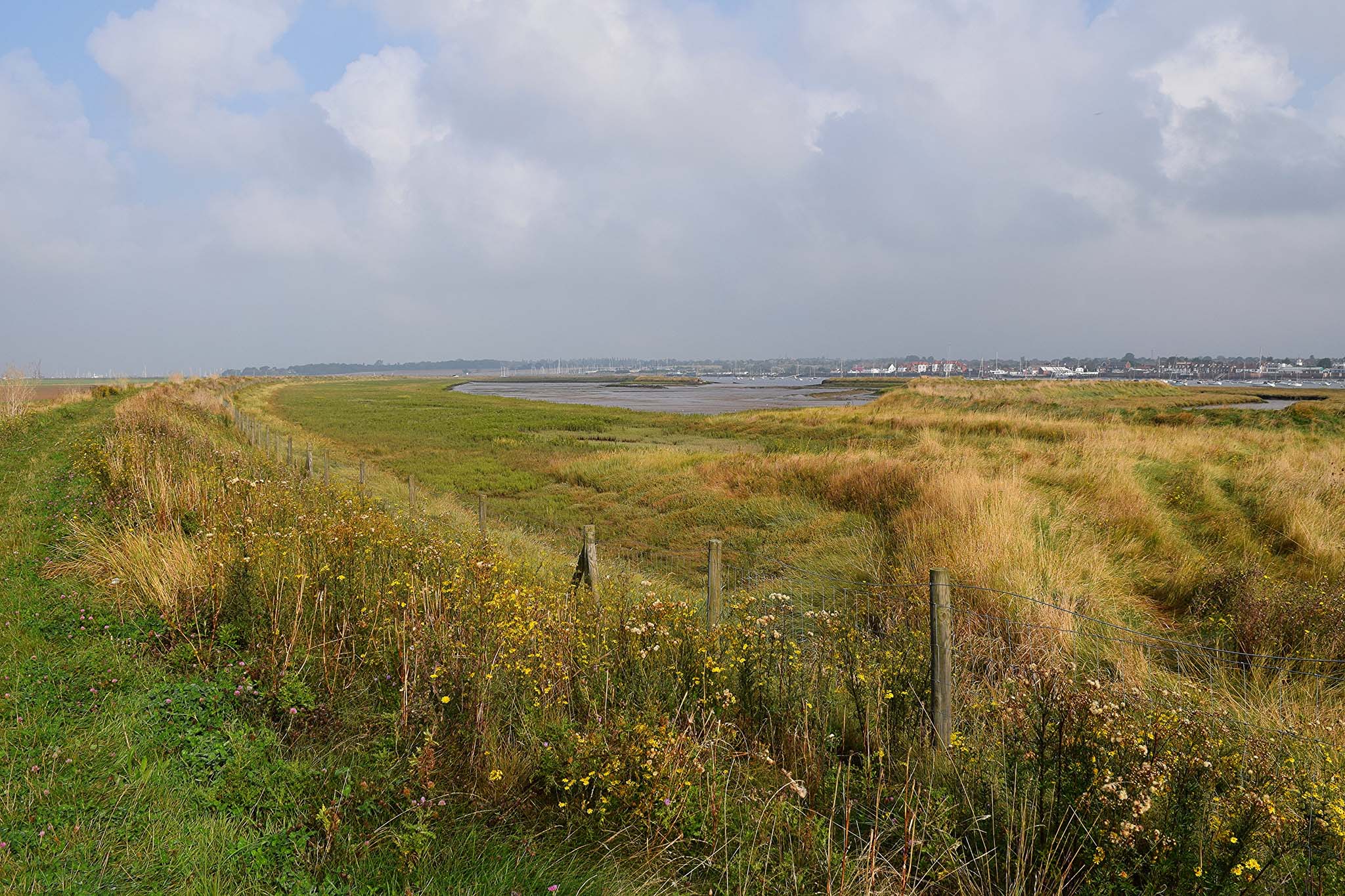
Aggregate Industries, a leading UK-based supplier of construction materials, has helped an RSPB project take flight by delivering 10,000tonnes of landscaping products and providing a highly efficient and sustainable solution. Guy Woodford reports
Wallasea Island Wild Coast Project in county Essex, Southeast England, is a landmark conservation and engineering scheme and the largest development of its type in Europe. The aim of the project is to transform what was widely considered a ‘no man’s land’ by recreating an ancient wetland landscape with more than nine miles of new and improved access routes, and a range of visitor facilities.
Supplying 10,000tonnes of its high quality CI 1A granular, CI 6C and 20mm aggregate, which included a supply of granite from Aggregate Industries’ Glensanda quarry, the materials are being used to form part of the infrastructure, raising the land, as well as being applied to create hard-standing areas. Initially tasked with completing the delivery of its products by road bound logistics, Aggregate Industries soon reassessed the option of long distance road haulage as it would prove costly and environmentally inefficient.
After careful consideration and planning, Aggregate Industries and Bam Nuttall identified an opportunity whereby Bam could utilise its river barge fleet already being used to move waste from the new Crossrail Tunnels. Collecting the materials by vessel from Aggregate Industries’ satellite quarry on the Isle of Grain in Kent, the operation had to be conducted within a very small window of opportunity. Using its highly effective water-bound loading facilities, Aggregate Industries was able to flex its capabilities and load the initial two barges with 4,000tonnes of aggregate within a 24-hour period, the material was then directly transferred over the Thames Estuary and on to Wallasea Island.
The result was an innovation in transport logistics, as each boat conveys 2,000 tonnes and allowed the teams at each end to load and unload within a 24-hour period, a significant reduction compared to road haulage which would have taken three weeks to achieve the same volume. The environmental impact was also greatly reduced, with a 100 mile round trip via road turned into a 20 mile journey by barge.
Jamie Greenwood at Aggregate Industries said: “Due to the location of the island and the limited access, using the barges became the most viable option in terms of cost, man power, time and, of course, sustainability. The Bam Nuttall boats were already making similar journeys up the Thames, however they needed to be carefully coordinated and timing was key with providing this highly efficient way to transport exactly what was required.
“More than 400 lorry loads would have been used so far if we had opted for the road haulage options, yet we used only four barge loads to transport the same amount of materials. This was down to several factors including our ability at the Isle of Grain to offer the correct aggregates specified, around the clock loading options, swift direct to vessel loading facilities and Grain’s highly experienced teams ability to react to last minute requests or changes.
“Understanding that the RSPB project on Wallasea Island aims to combat the threats from climate change and compensate for the loss of such tidal habitats elsewhere in England, it was crucial that we also kept the logistics as sustainable as possible. By working with Bam Nuttall we have achieved a significant reduction in our environmental impact and we are delighted to have been able to contribute towards what will be a great haven for wildlife and a wonderful place for the local community and those from further afield to enjoy.”
Due for completion in 2019, the project will recreate a landscape of mudflats, saltmarsh, lagoons and pasture and will welcome an array of nationally and internationally important wildlife. The RSPB are also welcoming people to visit the site and view the progress as each phase comes to life and the marshland naturally regenerates.

